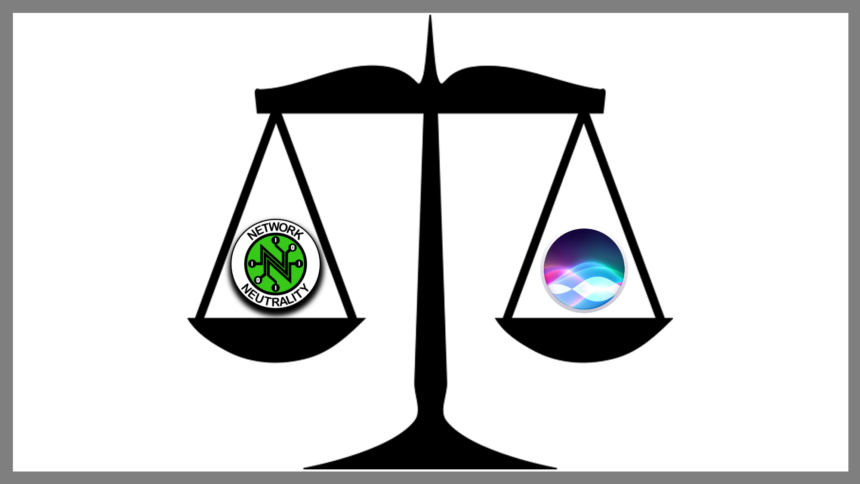Two important legal rulings have recently made waves in the tech world, affecting net neutrality and privacy concerns. These rulings come when lawmakers and regulators are already scrutinizing technology companies. Here’s a breakdown of what happened with the net neutrality case and Apple’s settlement over Siri, and why they matter to consumers and the industry.
What’s Happening & Why This Matters
Net Neutrality Ruling: The End of FCC’s 2024 Rules
The US Court of Appeals for the 6th Circuit has ruled against the Federal Communications Commission’s (FCC) net neutrality regulations, effectively killing them. The court decided that broadband providers, both residential and mobile, should be classified as “information services,” not “telecommunications services.” This ruling invalidates the FCC’s efforts to regulate broadband providers from blocking, slowing, or discriminating against legal sites and services.
This decision follows years of back-and-forth, where net neutrality rules were introduced and repealed under various presidential administrations. Under former FCC Chairman Ajit Pai, the 2017 rollback removed these regulations, which the Biden administration had worked to reinstate. The court’s decision complicates the revival of net neutrality, as it significantly weakens the regulatory framework.

This ruling is a win for broadband providers like Comcast and Verizon, who argued that the FCC’s regulations stifled investment and innovation. However, digital rights organizations, such as Public Knowledge, criticized the decision, warning that it could lead to unfair practices that disadvantage consumers. With Congress divided, it’s now up to lawmakers to address net neutrality at the federal level.
Apple’s $95 Million Siri Privacy Settlement

In another significant legal development, Apple has agreed to a $95 million settlement in a lawsuit accusing the company of violating users’ privacy through its Siri voice assistant. The lawsuit, which dates back to 2019, claims that Apple was recording conversations without users’ consent, particularly when Siri was unintentionally activated. It also alleged that Apple used these recordings for training purposes without proper transparency.
The lawsuit stemmed from a 2019 report that revealed Siri could be triggered accidentally by certain words, leading to unintended recordings. Although Apple suspended its practice of using contractors to review Siri conversations, the company faced legal challenges. In the settlement, Apple does not admit wrongdoing but will provide up to $20 per Siri-enabled device for affected users.
This settlement highlights ongoing concerns about data privacy in the tech industry, particularly with voice assistants continuously listening for commands. Apple’s quick resolution of the lawsuit could set a precedent for how companies handle privacy violations, especially in the growing market of smart devices.
TF Summary: What’s Next
These two rulings illustrate the growing intersection of tech and law. The net neutrality decision creates uncertainty about how future regulations view the Internet. Apple’s Siri settlement reflects the increasing pressure on companies to protect user privacy. As these cases unfold, legal mandates will evolve, forcing innovators to adapt to stricter scrutiny from regulators and consumers.
For consumers, these legal battles emphasize the need for stronger privacy protections and fairer digital practices. Lawmakers may soon step in to address the challenges posed by net neutrality and data privacy, shaping the future of tech regulation.
— Text-to-Speech (TTS) provided by gspeech


